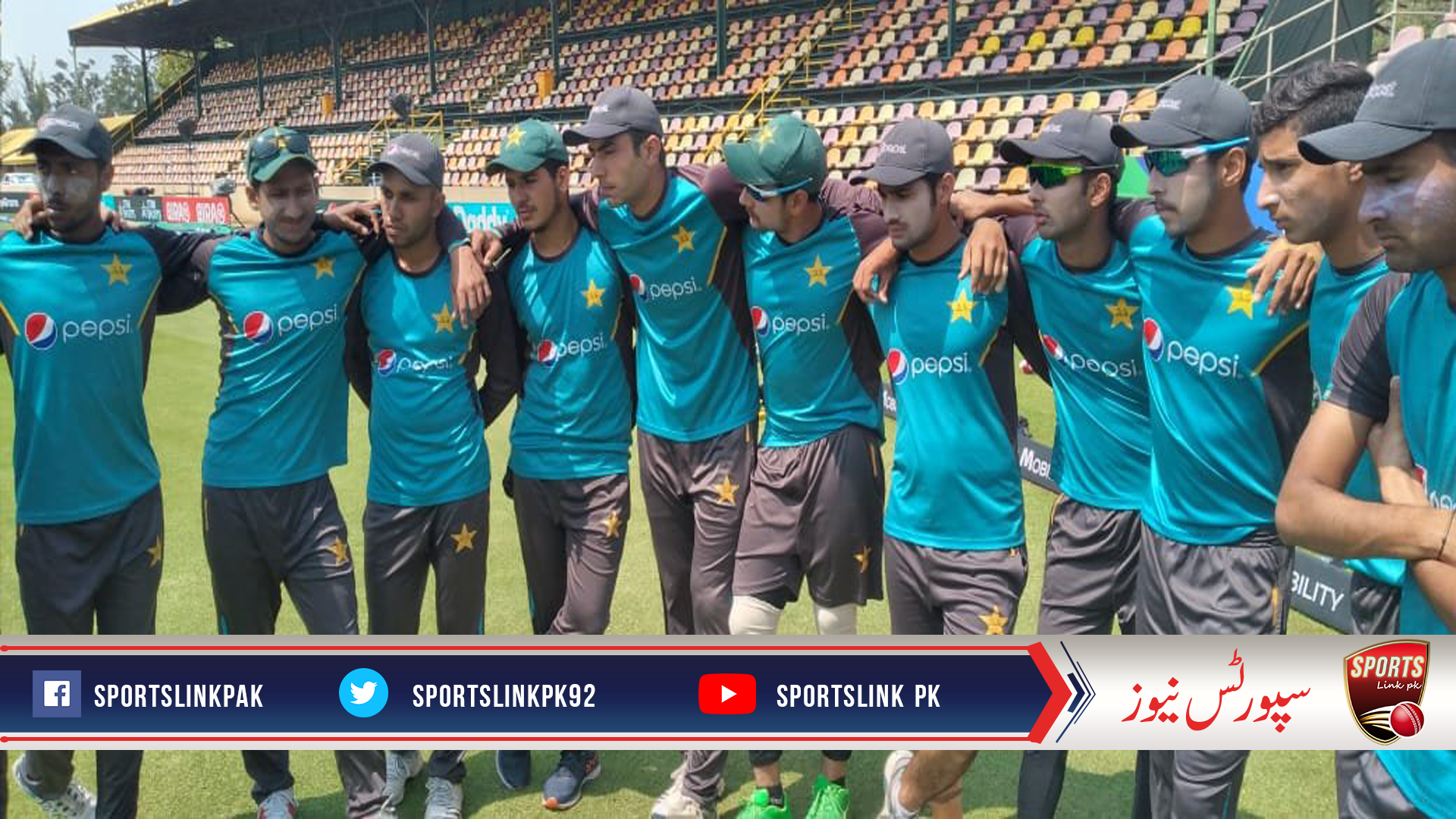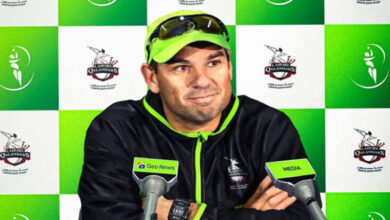Under-19 world cup:Pakistan will face Afghanistan in quarter final


One thing needs to be said upfront: so far at this Under-19 World Cup, no game has been as highly anticipated as the last quarter-final, between Afghanistan and Pakistan in Benoni.
There are plenty of reasons why the knockout fixture between the two teams is set to be a cracker.
They are neighbouring countries, and geo-political relations between them have been strained for quite a while now. As recently as at the 2019 50-over World Cup in England and Wales, the match between them at Headingley featured fans throwing punches at each other in the stands, rubbish, bottles, and even a rubbish bin being chucked around, and fans invading the pitch as soon as the match got over. There were unsavoury scenes outside the stadium too.

Cricket-wise, it’s a contest between two very evenly-matched teams. “The match is winning the World Cup for us; we are cool with [exiting in the] semi-final, as long as we win tomorrow.” That isn’t an official quote but that sentiment, expressed by a travelling Afghan fan, could be the prevailing feeling in the team camp. One hopes that the stump mics are turned up for this contest, for a lot of passion and emotion will be on show. Oh, and the winner faces another neighbour in the semi-final: India. And the political history there is, well, a bit iffy too.

Back to the tournament, and the two teams are facing off because Afghanistan finished top of Group D while Pakistan finished runners-up in Group C. But don’t let the standings fool you. While Afghanistan steamrolled all opposition, including hosts South Africa in the tournament opener, one can say Pakistan finished second – behind Bangladesh – in their group only because of a washout. Bangladesh were tottering at 106 for 9 when that game was called off, Pakistan falling second in the group on net run-rate.
Afghanistan, however, can take confidence from the fact that they have defeated Pakistan in each of their last four completed encounters going back to November 2017. Generally, one would not read too much into games that go that far back, but the two teams’ most senior players – Rohail Nazir for Pakistan and Afghanistan’s Ibrahim Zadran – featured in that November 2017 game.

Then comes the manner in which the two sides won their two games in the group stage.
Afghanistan had bowled South Africa out for 129 and beat a formidable United Arab Emirates by 160 runs. It was, perhaps, their misfortune that the game against Canada was washed out without a ball bowled.
While Pakistan did shoot Scotland out for 75 in their tournament opener, they were made to work hard in their 38-run win against Zimbabwe, who made 256 chasing 295. After 36 overs in that game, it seemed like Zimbabwe would win, but a late burst from Tahir Hussain, who took three lower-order wickets – flipped it around. And then there was the Bangladesh game.
So, where can the game be decided? One would think it’s in Pakistan’s batting innings, because of how ruthless Afghanistan spinners Shafiqullah Ghafari and Noor Ahmed, and left-arm seamer Fazal Haque have been. But Pakistan’s bowlers may have something to say about that, mostly because their effort has been one of teamwork: among their four bowlers with four or more wickets, none have an average of more than 15.50, and their pacers are significantly quicker than Afghanistan’s.
After the quarterfinal line-ups were announced, Afghanistan coach Raees Ahmadzai had told Tolonews.com: “We will try not to be emotional and will play with a clear mind because when players are emotional, they tend to lose their control and are not able to focus on the match properly.”
Sensible words, those.
It is certain that both sides will have plenty of support in Benoni, because of its proximity to South Africa’s most populated city – Johannesburg. Quite a few Afghanistan fans want to win this game more than any other. In that case, will the team with better skills or the one with a greater grasp of their emotions win the contest? One way or other, this one will be worth tracking.




